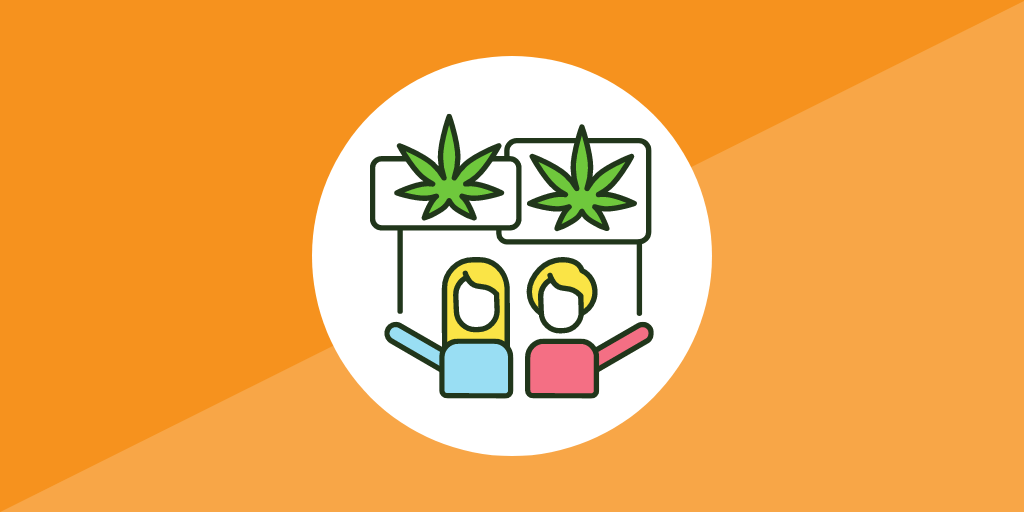Did you know Utah is one of only 18 states that still punishes individuals for non-violent cannabis possession? Under current Utah law, possession of as little as an ounce or less of cannabis can result in up to a thousand dollars in fines and a six-month jail sentence. These penalties exist even after the creation of the Utah Medical Cannabis Program and recent steps to decriminalize cannabis on the federal level. Just last week, President Joe Biden issued pardons for those with federal charges of simple cannabis possession, directed the Attorney General and Human Services Secretary to review its classification as a Schedule 1 substance, and encouraged Governors around the country to do the same.
Now, why is Utah so opposed to easing restrictions on cannabis? While party politics may share some blame, I argue heavy religious influence within the state may play a larger part than some may think. Decriminalization of cannabis possession shouldn’t be a political or a religious issue, it should be a common-sense one.
While the criminalization of cannabis possession sentences people to months in jail and a continued struggle to reintegrate into society, it also disproportionately targets people of color, especially in Utah. According to the ACLU, black people are 4.9 times more likely to be arrested for cannabis possession than white people in Utah, despite the comparable usage between both ethnicities. Between 2017 and 2019, 8,800 people were incarcerated in Utah for minor cannabis offenses with well over half of them being people of color, specifically Hispanic and black. These sentences impact their ability to rent a home and to obtain student loans, government assistance, and professional licensing. A cannabis arrest can create barriers that are hard to conquer, especially for minorities that the justice system already disfavors.
It is time for Utah to address its flawed cannabis laws that disproportionately impact marginalized communities. This step is decriminalization – which is not the same as making cannabis legal. Decriminalization of cannabis means that it would remain illegal, but a person in possession of cannabis under a specified amount would not be prosecuted. Instead, the penalties might include civil fines, drug education, or drug treatment. Decriminalization would reduce racial disparities in cannabis-related arrests and no longer allow cannabis possession to end a person’s educational and career goals. Police would be able to increase focus on violent crimes and divert state funds to substance-abuse programs rather than prisons and jails. Cannabis would become a public health issue rather than a penal one.
From a public health perspective, cannabis is no more of a public health concern than alcohol. You cannot overdose on cannabis, while in the United States, more than 140,000 people die from excessive drinking. Alcohol is the leading cause of preventable death in the United States and is available in almost every city across the country. Meanwhile, there are no confirmed cannabis deaths, but you’ll go to jail for simple possession of it. Additionally, alcohol increases the risk of sexual assault, personal injury, and violent crime – while cannabis does not. For too long the stigmatization of cannabis has resulted in skewed research and false narratives that cannabis is an extremely dangerous drug when it is not.
The decriminalization of cannabis is not as partisan as some may believe. Many Republicans and Democrats from around the country have come to a consensus on one thing: There is a problem with the way the United States enforces drug laws. Some of the most conservative states including Mississippi have decriminalized possession of cannabis. So, what’s stopping Utah from decriminalizing cannabis? It could be the Republican supermajority or the rich religious influence on the government, but one thing’s for sure, it’s not the people. Polls suggest that the majority of Utahns feel that cannabis should be fully legalized commercially. It is time Utah decision-makers listen to their constituents and address the problems with cannabis criminalization head-on. If you feel cannabis criminalization is failing us, reach out to your Utah State representatives today and implore them to fight for cannabis reform.

